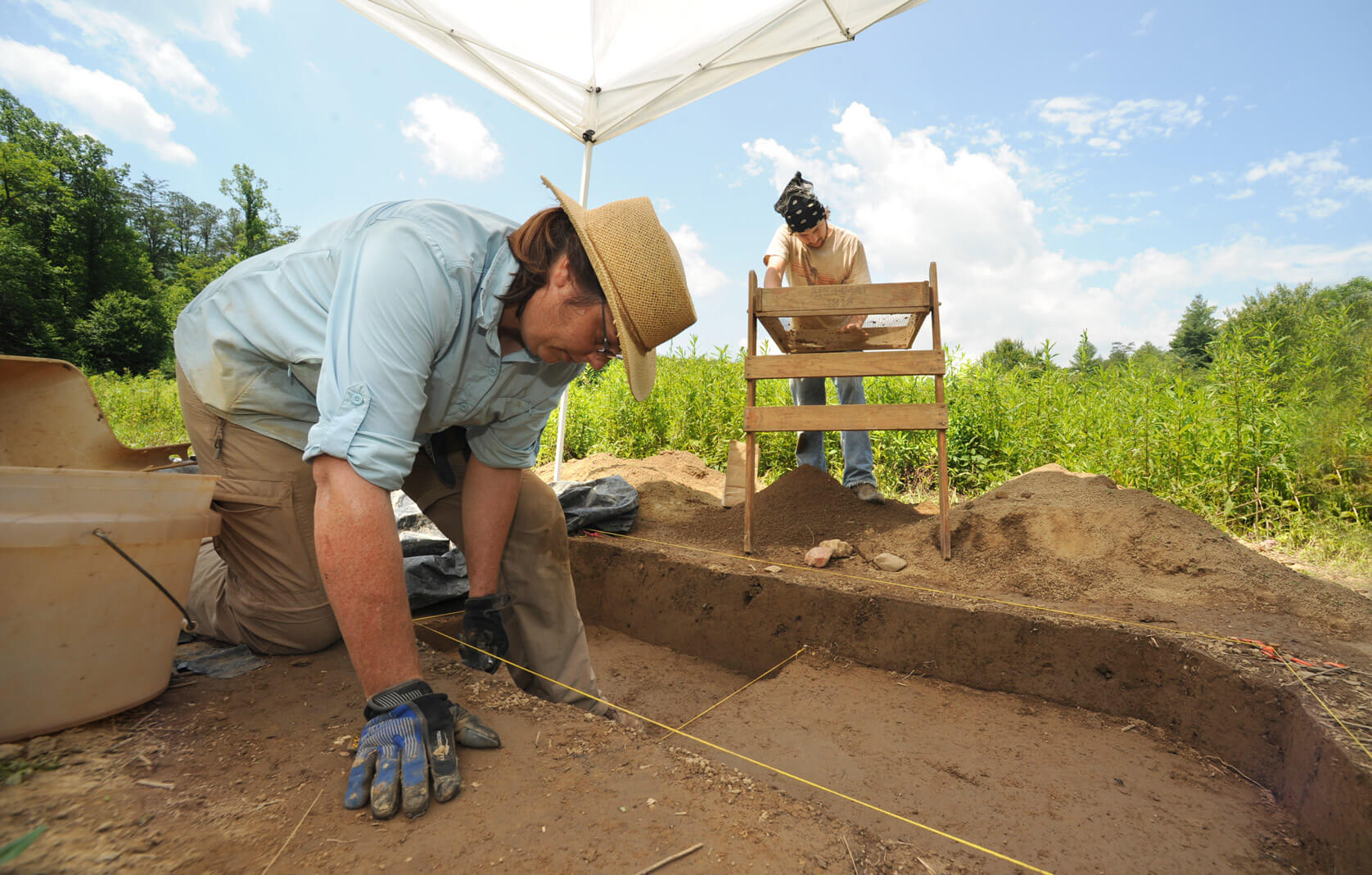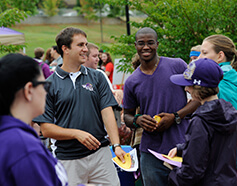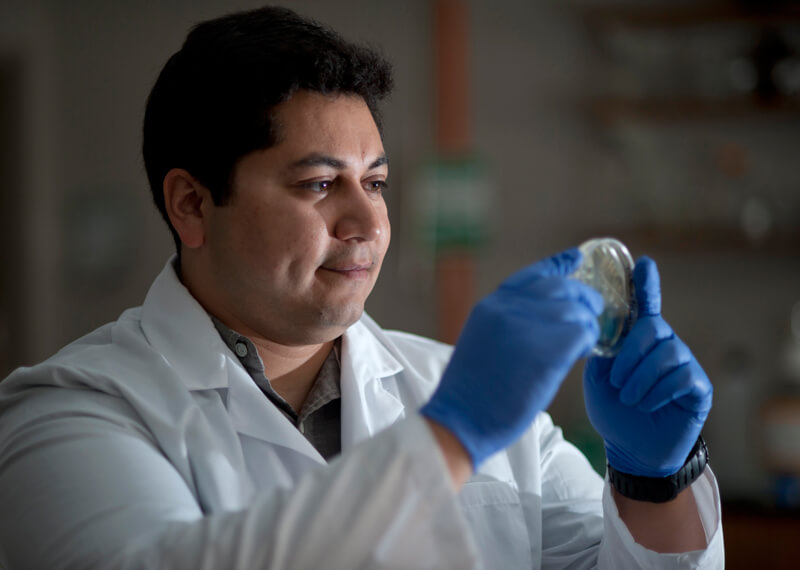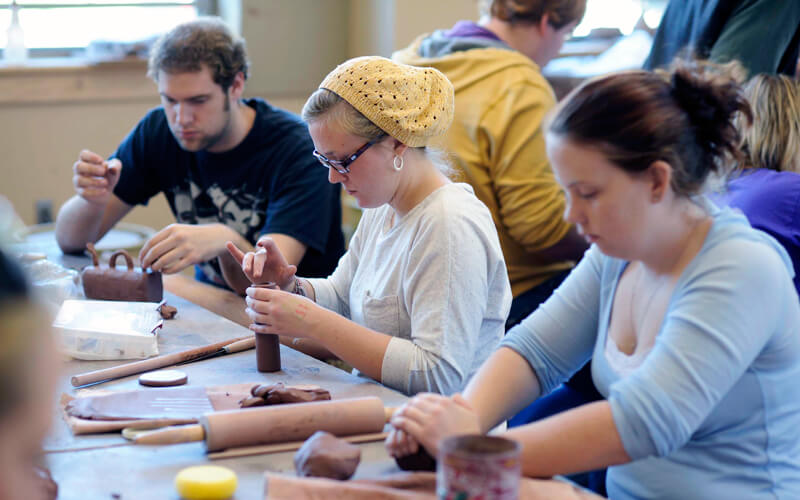- Academic Programs & Support
- Academic Programs
- Anthropology
B.S.B.A.AnthropologyMinorMajor

At Western Carolina University, anthropology students develop a historical perspective on contemporary society through a series of courses that address the evolution (and devolution) of societies around the world. With this focus on people, cultures and human relations, graduates are well prepared for unlimited career possibilities, from international relations and museum studies to public archaeology, policy and services. In addition, WCU offers a concentration in forensic anthropology, and students have access to the campus’s Forensic Osteology Research Station where they are able to study human decomposition.
What You'll Learn
The WCU Anthropology Program leads students to develop skills in writing and critical analysis from a cross-cultural perspective. The program is based on the four subfields of anthropology: sociocultural, linguistic, archaeology and bioanthropology. All majors are required to take at least one elective in each of these categories. The core curriculum is composed of the following courses: Origins of Civilization, Comparative Cultural Systems, and History of Anthropological Theory. Additional opportunities for learning include the Anthropology Club; Lambda Alpha, the anthropology honor society; the Ethnography Laboratory, a research facility dedicated to the documentation of cultural life in the Southern Mountains; and the Western Carolina Human Identification Laboratory, a fully equipped facility focused on the recovery, storage and analysis of human remains.
Where You'll Go
The goal of the WCU Anthropology Program is to allow students to develop as engaged citizens who contribute their training and knowledge to a wide variety of personally and socially fulfilling careers. Accordingly, graduates of the program enter a wide diversity of career fields in the public, private and government sectors, including education, academic administration, research, private and corporate consulting, and museum and library administration. Many go on to graduate school to further explore their chosen area of study and expand their career possibilities.








